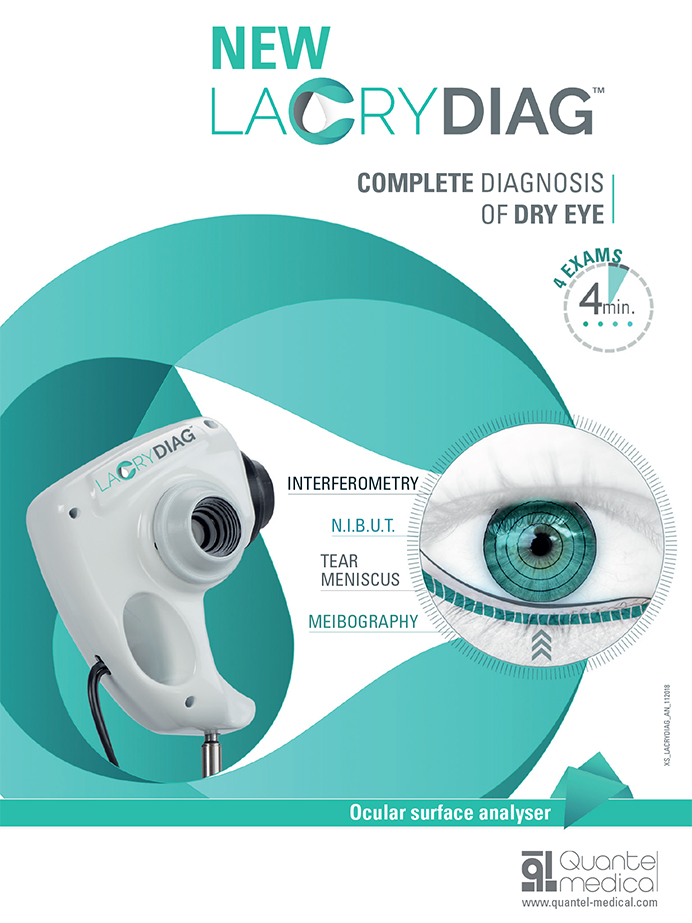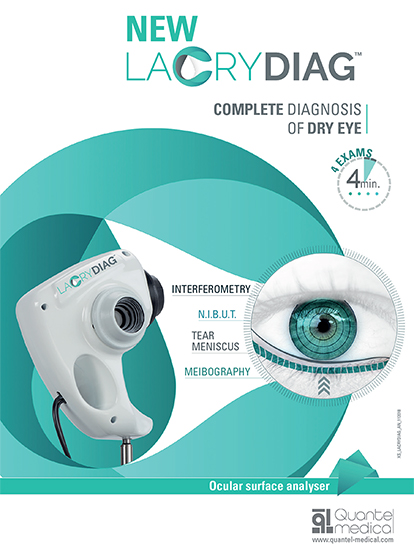Specialty contact lenses, especially scleral lenses, have experienced tremendous growth in the past few years. As the interest of eye care practitioners grows, this modality gains more acceptance and awareness. Innovative technology to help our patients is exciting and expanding all the time.
Specialty contact lens practices have multiple avenues through which to obtain patients. Some are patients of the practice already. Others may be referred by existing patients through word of mouth or attracted by marketing efforts. Most specialty contact lens patients, however, are referred to the practice by external practitioners.
Attracting referrals from colleagues in other disciplines, including ophthalmology, rheumatology, oncology, and oculoplastics, is vital in building and growing this part of your practice. Visiting the offices of these specialists with marketing materials, literature, professional cards, and referral folders can be a powerful way to explain your ability to take care of their patients. These visits can help to bring awareness to potential referral sources regarding the benefits of scleral lenses and other specialty lenses and their potential as alternatives to other interventions.
ONLY THE LENSES
When you meet with potential referring eye care providers and their staff members, however, you must emphasize that you wish only to take care of their contact lens needs, not to take the patient from the referring doctor. It is crucial to make this point when meeting with potential referral sources: Patients will be returned to the referring doctor for the rest of their eye care needs. This is especially important when dealing with your optometric colleagues.
Many optometrists have no interest in specialty contact lenses, as the fitting process can be costly, frustrating, and time-consuming. These ODs will be very happy to send specialty lens patients to your office. However, it must be made clear that you are only going to see these patients for their contact lens–related concerns. All other eye care issues will be handled by the referring doctor.
My practice has no dispensary, so we can perform no general eye care services. We convey this to our referring doctors. Proper communication via letters and phone conversations serves to reinforce the referral relationship and keep the referring doctor updated on the progress of the patient during the contact lens fitting process. We always send the referring doctor a letter detailing the diagnosis, treatment plan, and lens modality, and we supplement the consultation letter with updates and a final letter at the completion of the contact lens process.
Maintaining this firewall can be a challenge for us, especially when referred patients request that we perform other procedures, such as refractions, prescription writing, and even management of glaucoma or retina issues. We insist providing only their specialty lens services, and many of these patients end up seeing both our practice for the contact lens specialty service and the referring provider during the same time period. We reinforce the message by reminding patients that they will be returning to the referring doctor or primary eye care provider for all other services.
KEEPING TRACK
My practice maintains a database of our referring providers and updates the list regularly. This resource helps us to keep track of the comfort level and interest of the referring practitioners in our specialty contact lens care services.
Frequently, patients are referred to us for diagnosis and treatment of cornea or anterior segment issues. Many of these patients can benefit from specialty contact lenses. Some doctors are comfortable with corneal gas permeable or hybrid lenses, but they may not be familiar with scleral lenses. If this is the case, I typically place a call to the office to discuss the case and allow the referring doctor to decide if he or she would prefer to perform the contact lens services or to have me do it in my office. This way there is no confusion between the two offices or between the referring doctor and the patient.
There are times when the patient requires a specialty contact lens in one eye due to pathology, but the other eye is “normal.” When this is the case, I typically send the patient back to the referring doctor for soft contact lenses, unless the referring doctor requests that I handle that service as well.
CONCLUSION
Specialty contact lens practice can be very rewarding. It is important to build solid relationships with other professionals, based on trust and good communication. Paying attention to detail and explaining to patients about the comanagement of their care are also crucial factors.






